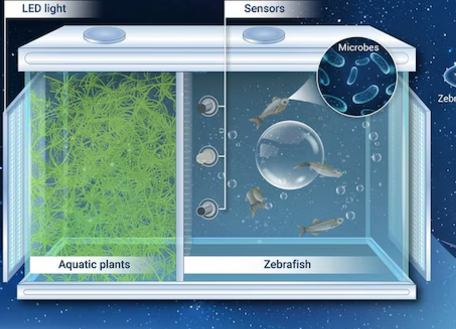Chinese Astronauts Successfully Raised Four Zebrafish in Space
The Experiment Overview
Importance of Zebrafish
Zebrafish are suitable for space-based research. Their quick lifecycle allows for efficient study. They provide vital information about biological processes in microgravity. This research is crucial for understanding life in space.
Implications for Space Exploration
The successful experiment has far-reaching implications. It indicates the potential for sustaining life during long-term missions. Creating self-sustaining ecosystems is vital for future space colonies. This is particularly relevant for missions to Mars and beyond.
Advances in Space Biology
China’s Role in Space Science
The success of this experiment marks China’s capabilities. It reflects the country’s commitment to advancing space ecology knowledge. As global focus shifts towards long-term habitation, China plays important role. Experiments like this provide essential data for future space stations and planetary bases.
Further studies will explore the effects of space on various organisms. This research will enhance our understanding of life support systems. It will also inform the design of sustainable ecosystems for human habitation in space.
Important Facts for Exams:
- Shenzhou-18: Shenzhou-18 is a Chinese crewed space mission. It focuses on space ecology and life support systems. The mission successfully maintained a closed aquatic ecosystem in microgravity.
- Zebrafish: Zebrafish are small freshwater fish with rapid development. They share genetic similarities with humans. Their lifecycle allows efficient study of biological processes in space environments.
- Microgravity: Microgravity refers to conditions of very low gravitational force. It affects how living organisms grow and develop. Studying microgravity helps researchers understand life support for long missions.
Month: Current Affairs - November, 2024
Category: Science & Technology Current Affairs


